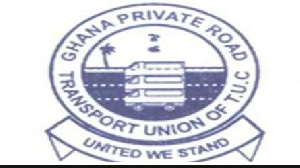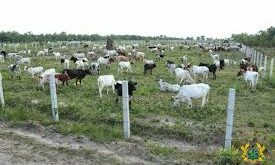The Ghana Private Road and Transport Operators (GPRTU) and the Ghana Road Transport Coordinating Council have concorded to reduce transport fares by 15.3 percent.
The reduction takes effect on Monday, December 19, Stakeholders reached an agreement after a series of negotiations.
Commuters raised concerns about transport reduction when the price of petrol and diesel dropped in the week.
A statement released by the union reads that the reduction will affect shared taxis, trotros, Intercity vehicles, and haulage trucks.
ROAD TRANSPORT OPERATORS
PRESS RELEASE REDUCTION IN PUBLIC TRANSPORT FARES
The General Public may recall that on Saturday, 29 October 2022, a 19 percent upward adjustment in public transport fares took effect after intense negotiations with stakeholders.
With the recent reductions in the price of petroleum products, it became necessary to engage stakeholders to consider a review of the fares in line with the Administrative Instrument.
Consequently, a series of negotiation meetings were held with stakeholders to agree on an acceptable level of fare reduction commensurate with the current fuel prices.
Following these negotiations and in consideration of the plight of Drivers, Commuters, and the General Public, we have resolved to reduce the existing transport fares by 15.3 percent.
THE NEW FARES TAKE EFFECT FROM MONDAY 19. DECEMBER, 2022.
The Fore. cover the following types of Road Transport Operations:
1. SHARED TAXIS
2. INTRA-CITY (TRO-TRO)
3. INTERCITY (LONG-DISTANCE)
4. HAULAGE
“We kindly request all Commercial Transport Operators to comply with the new fares and post the same at their loading terminals.
We further request all Operators, Commuters, and the General Public to kindly cooperate for the successful implementation of the new fares.
We take this opportunity to assure all Transport Operators and the General Public that we will continue to work in their interest” the statement read.
The GPRTU had earlier in a meeting stated that they were in no rush to reduce the fares and wanted to observe if the current reduction in petroleum products was sustainable.
 Home Of Ghana News Ghana News, Entertainment And More
Home Of Ghana News Ghana News, Entertainment And More





